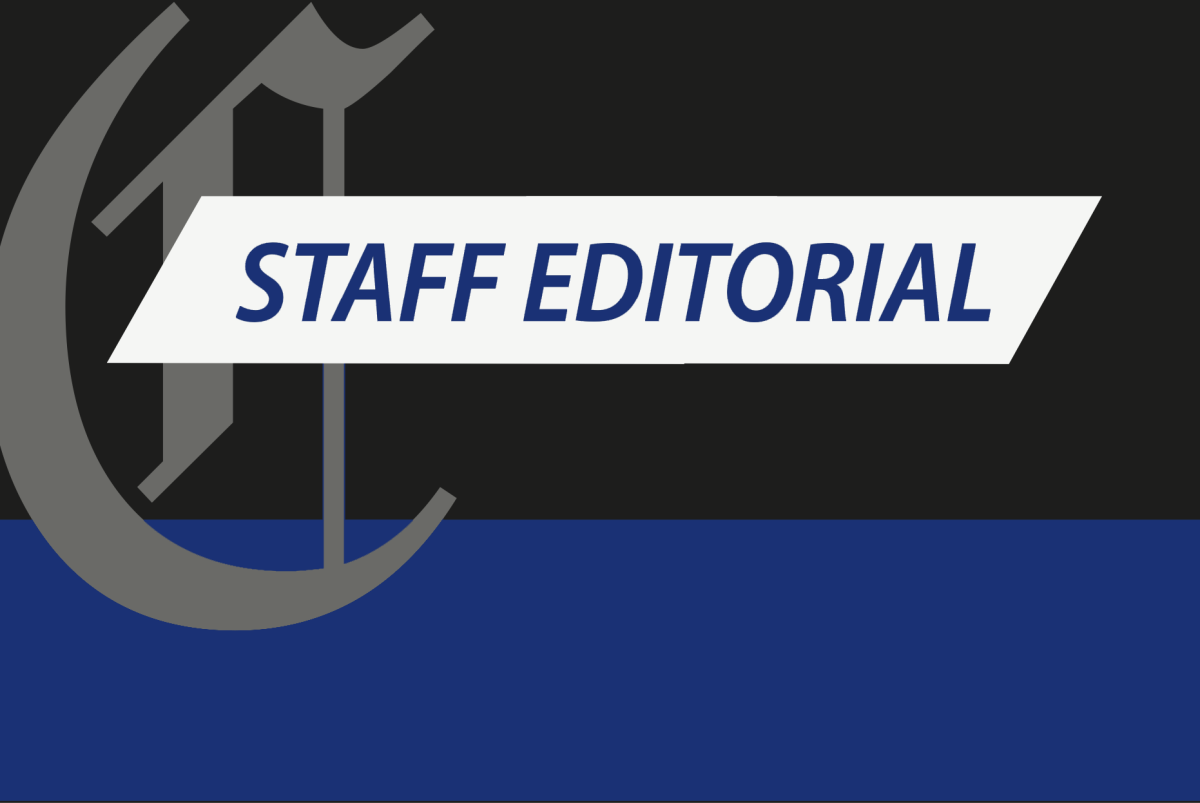The Trump administration sent a letter to Harvard on April 11 outlining a list of demands in exchange for the continuation of federal funding for the university. These demands included reforms to governance and leadership, viewpoint diversity audits, external antisemitism audits, merit-based hiring and admissions, the end of certain Palestinian clubs, additional screenings for international students, a ban on face masks, changes to student disciplinary policies and the elimination of DEI policies. The letter also said the government could revoke $9 billion in contracts and grants if the university did not comply.
After university leadership rejected these orders, the Trump administration froze $2.2 billion in grants to Harvard University, cutting off funding for research efforts and halting medical projects.The federal government emphasized antisemitism on campus as its justification for the freeze.
In response, Harvard filed a lawsuit to halt the freeze, citing violations of the First Amendment and the statutory provisions of Title VI in the Civil Rights Act, which prohibits discrimination based on race, color or national origin in programs receiving federal financial assistance.
On May 14, the Trump administration announced the removal of an additional $450 million a day after Harvard’s president pushed back against allegations of extreme liberalism and antisemitism.
A university-wide survey revealed that 80% of Muslim students and 67% of Jewish students reported feeling uncomfortable expressing their opinions on campus. And 92% of Muslim respondents and 61% of Jewish respondents said they thought they would face academic or professional penalties for expressing their political views at Harvard.
The Campanile agrees discrimination should be prevented at education institutions like Harvard. However, punitive funding cuts are not the solution. Instead of reducing discrimination on campus, these cuts harm valuable research projects and prevent universities from providing the highest quality education to their students.
It’s important to note that the Trump administration’s demands did not acknowledge other kinds of bias, like Islamophobia, which indicates its proposed measures were not created to protect all viewpoints on campus.
It’s also worth noting the bulk of the Trump administration’s demands were not related to antisemitism. This mismatch between the federal government’s justification and actual policies leads The Campanile to think these funding cuts are politically motivated. Instead of a genuine effort to address antisemitism in higher education, the Trump administration is pressuring educational institutions to align with the administration’s political agenda.
Although the federal government should have a say in institutions it funds, there is a significant difference between enforcing accountability and using financial leverage to force a partisan agenda.
Instead of cutting funding, the government and universities can minimize discrimination by implementing mandated classes on civil discourse and teaching students how to disagree respectfully., Educational institutions should also implement more transparent non-discrimination or anti-harassment policies and establish systems for reporting hate.
If the government hopes to promote meaningful progress in reducing discrimination, it needs genuine policy aimed at improving student safety instead of political posturing that does not create real change.
Harvard, and all educational institutions, deserve to remain spaces protected from government overreach. In the Trump administration’s attempt to consolidate political power, academic freedom should not be the sacrifice.

